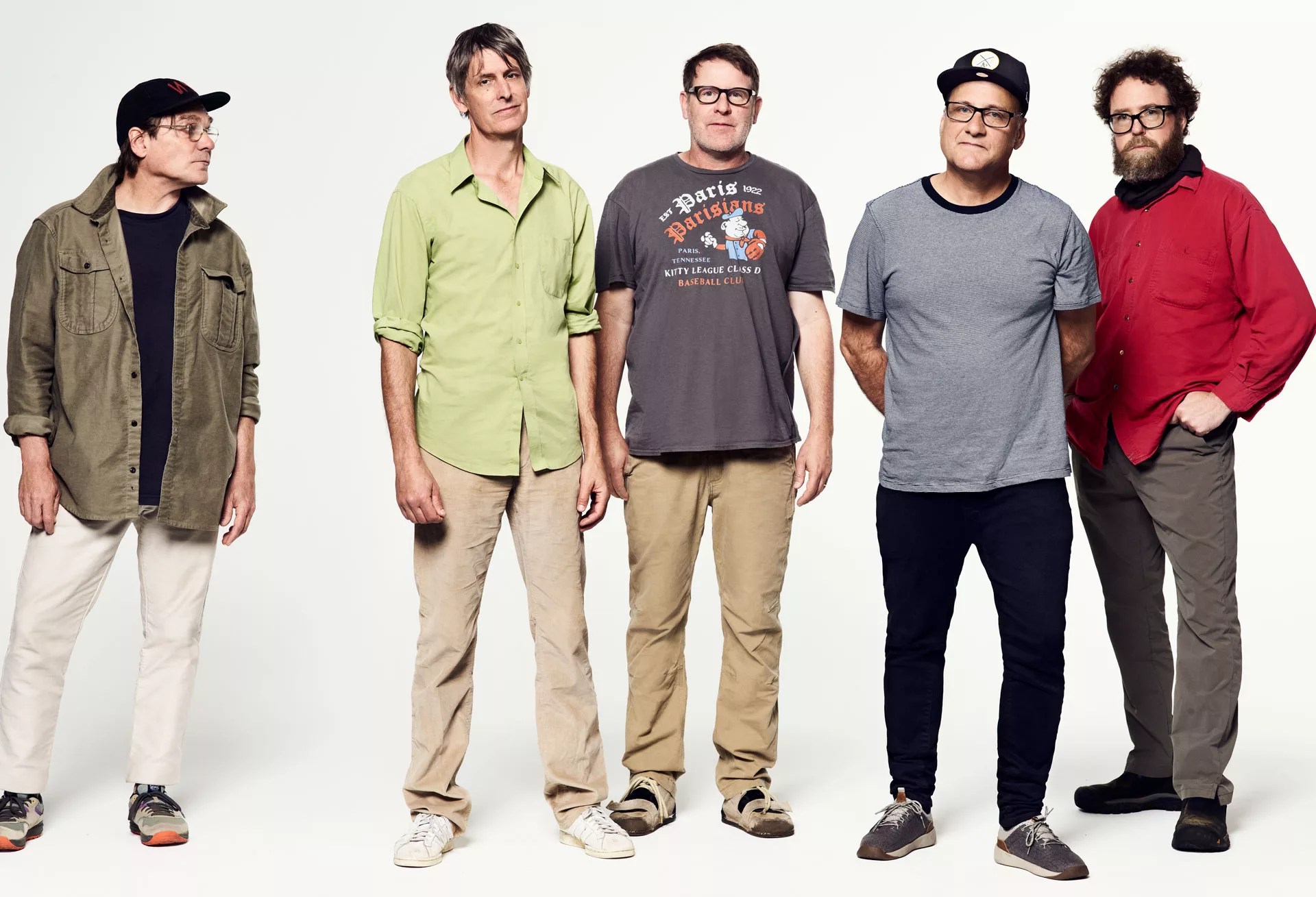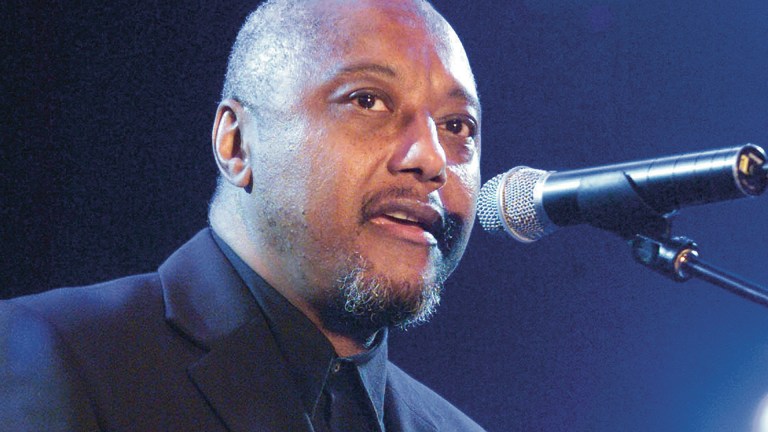At the nexus point of indie-rock and equestrian sport, Bob Nastanovich stands alone. On one side of his life, he’s the affable percussionist, shouter-in-chief and all-round good vibes guru in Pavement, one of the most beloved and acclaimed if also most dysfunctional American guitar bands of the 1990s. On the other side, to mixed degrees of financial success, Nastanovich has since his youth been immersed in the world of thoroughbred horse racing, whether as a horse owner and breeder, manager, jockey agent, correspondent, pundit or, currently, data analyst. To date, he remains the only known American to have attended horse-racing fixtures at all 60 British racecourses.
Ask Nastanovich what a lifetime in rock’n’roll has taught him about horse racing and vice versa, and he gives same answer both ways. “I’ve learned how to lose very, very well,” he laughs.
We talk by wonky video call from Nastanovich’s small home in “a very unsexy place called Paris, Tennessee”, as he puts it, an affordably unfashionable town where he keeps some horses (among his herd: a filly called Range Life, named after the Pavement song). It’s been blowing gales all day and his power and internet keep coming in and out; at one point he has to sit in his car to get a connection.
Towards the end of 2022, Nastanovich was traversing the US and Europe with Pavement on a rapturously received pandemic-delayed reunion tour, the band’s second since splitting acrimoniously in 2000. Unlike Pavement’s first reunion in 2010 – which lasted less than a year and was rumoured to have taken place mainly for financial reasons, including helping Nastanovich pay off gambling debts – this one seems to have somehow stuck.
This summer, the band will reconvene to headline Bluedot in the UK (“a really cool festival,” comments Nastanovich, “we’re happy to be a part of it”) among a raft of other international live commitments throughout 2023 that also includes residencies in Reykjavik and New York City. Nastanovich is cautiously optimistic that Pavement may now be an ongoing concern once again. Although he can’t say for sure.
“It’s just not up to me,” he announces, bluntly. Much more so (indeed, perhaps entirely), it’s up to the band’s mercurial leader singer, guitarist and fulcrum Stephen Malkmus, one of the great idiosyncratic six-string anti-heroes and someone Nastanovich seems to hold in a whole lot of respect (“without his contribution, nobody would have ever heard of us outside of our own garage”). That, in spite of Malkmus clearly being a terrible communicator. On occasions, Nastanovich hasn’t even known about Pavement shows until he’s seen them advertised.










